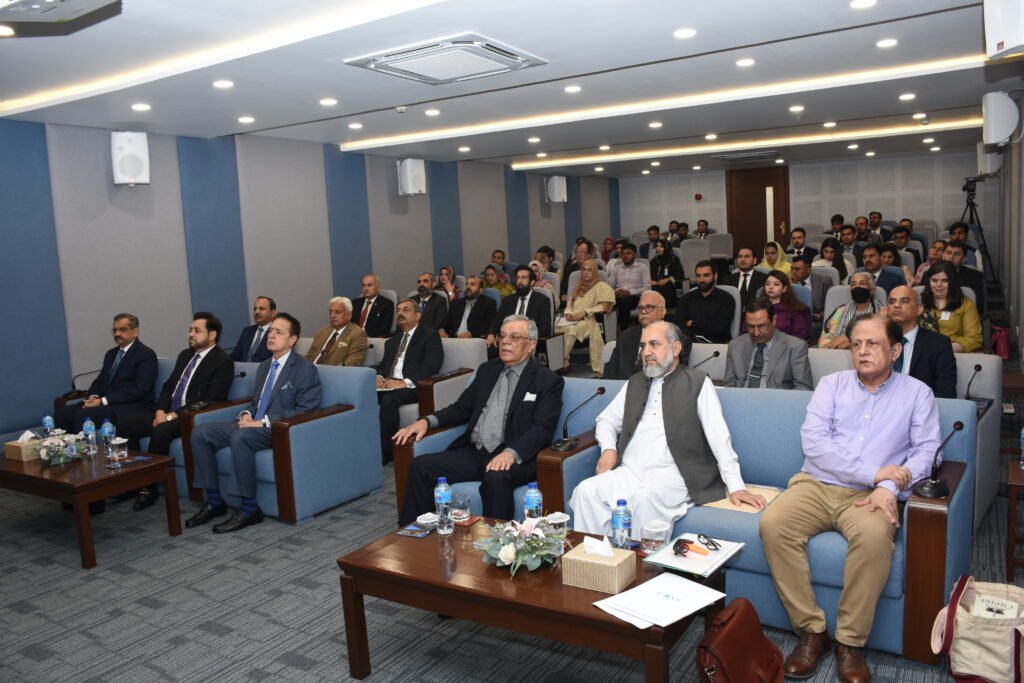
Seminar
Confronting Terrorism: Strategies for Pakistan in 2024
About The Event
Terrorism, in its various manifestations, has been a constant threat to Pakistan’s national security and development for decades. Despite various counter-terrorism operations during the past 20 years, the threat continues as externally induced terrorism and internally triggered militancy are on the rise, yet once again.
Domestically, Pakistan faces the threat of terrorism emanating from ethno-sectarianism. This dimension of terrorism poses a grave challenge to the country as it faces the disruption of its societal fabric and the worsening of the overall law and order landscape.
Externally, despite negotiations, the Taliban-led government in Afghanistan has not radiated any positive signals to curb the activities of the terrorist outfits operating from their territory. Now, the entire neighbourhood is at stake as the ideological inclinations of these terrorist outfits attract their counterparts in the region. As these entities link up, they are stronger than ever, and their joint capacity to carry out cross-border attacks is snowballing, and hence deeply concerning.
Moreover, geopolitical considerations have once again subjected Pakistan to externally sponsored terrorism, with India leading the efforts to sabotage Pakistan’s development and encourage separatist entities in Balochistan. India also seeks to obstruct major development projects under the umbrella of the China-Pakistan Economic Corridor (CPEC). Several attacks on foreign nationals working on these projects have been traced back to India, which continues to support and facilitate various terrorist outfits operating inside Pakistan.
In view of the above, the Centre for Aerospace and Security Studies (CASS), Lahore, organised a seminar on 23 May 2024 titled “Confronting Terrorism: Strategies for Pakistan in 2024”. The seminar provided a platform for insightful discussions and presentations by eminent speakers, shedding light on strategies to counter terrorism in Pakistan.

Key Takeaways
- Global Terrorism Landscape
Despite the widespread belief in a decline in global terrorism and the arrival of a peaceful era, there are still 27 active conflicts using terrorism. These conflicts mainly involve civil wars, territorial disputes, and transnational crimes. Additionally, around 150 armed conflicts each year involve terrorism, used by both state and non-state actors.
- Terrorism in Pakistan
The Soviet invasion and subsequent US intervention in Afghanistan brought refugees, arms, drugs, and militant ideologies to Pakistan, making the Pak-Afghan borderlands nearly ungovernable and normalising terrorism. Currently, Pakistan faces four main streams of terrorism: anti-CPEC attacks, separatist terrorism, ethno-sectarian clashes, and issue-centric movements.
- Surging Militancy
Since the Taliban’s takeover of Afghanistan in 2021, terrorist attacks in Pakistan have sharply increased.
- Dynamics of Extremist Groups
The TTP has evolved from an ethno-sectarian and gender-biased group into a populist political movement with a broader reach. Its agenda includes running a separatist movement and acting as a proxy for Afghanistan’s Taliban regime.
- Impact of Terrorism on Pakistan
Over the past 16 years, Pakistan has suffered significant financial losses due to terrorism, amounting to approximately $123 billion, and a decline in investor confidence. About 80,000 lives have been lost, including 20,000 security personnel.
- Causes of Terrorism
Terrorism is driven by psychological, ideological, and strategic factors, often rooted in personal feelings of victimhood, hatred towards the state and society, and a sense of disempowerment and helplessness. Additionally, extremism is fueled by a lack of awareness and poor socio-economic services, such as inadequate education, healthcare, and civic amenities.
- Analytical Gaps
Proper theorisation of violence is needed to accurately explore the root causes of terrorism. Pakistani scholars, in particular, have yet to frame terrorism from theoretical and political perspectives effectively. This gap hinders the development of contextually accurate research questions and the scholarly research for viable solutions.
- Flaws in Addressing Terrorism
Despite a high number of registered terrorism-related cases, the conviction ratio is abysmally low, at less than 2 percent. This is due to patchy investigations, lacklustre evidence collection, low-quality forensic assessments, half-hearted prosecution efforts, and inadequate protection for judges and witnesses. Moreover, our counter-terrorism strategies lack political and public ownership.
- Governance and Rule of Law
The lack of transparency, accountability, and public trust has led to inadequate governance, erosion of the rule of law, and general disorder, all of which collectively act as catalysts for terrorism.
- Inconsistent State Responses
The state’s inconsistent and often solely kinetic responses to terrorism have yielded only limited, short-lived, and reversible results. Frequent extrajudicial killings and selective policing have eroded public trust in law enforcement agencies.
- Tactical Success versus Strategic Failure
Due to tactical successes like Zarb-e-Azb, the peak of terrorism in Pakistan has passed, but militancy remains a dangerous and persistent issue. Major military operations, while tactically successful, posed strategic dilemmas by pushing militants across our borders, where they became tools for neighbouring countries.
Policy Considerations
- Review of National Security Policies
The National Security Policy 2022–26 (NSP) and National Internal Security Policy 2018–2023 (NISP) are due for review. The comprehensive review should prioritise addressing weaknesses in effectively combating all forms of terrorism. These policies must be translated into local languages and integrated into the training syllabi of all law enforcement personnel.
- Zero Tolerance for Selective Policing
To restore public trust in the police, the government should adopt a zero tolerance policy towards selective policing and extrajudicial actions, particularly extrajudicial killings. Community policing should be empowered and strengthened through transparent governance, consistent rule of law, and equitable application of justice to prevent selective policing and radicalisation.
- Engaging Marginalised Communities
Pakistan, especially its rural and far-flung areas, is gripped by ‘Elite Capture’ and significant socio-economic disparity between the ‘haves and have-nots’. To garner public support for its counter-terrorism initiatives, the government must engage and empower marginalised communities, especially youth.
- Holistic Counterterrorism Strategy
Develop a comprehensive counterterrorism strategy that includes governance reforms, intellectual discrediting of militant ideologies, and fostering a climate for public debate and research. Prioritise identifying and addressing the root causes of terrorism. This policy should be supported by unwavering national and public ownership.
- Rapprochement with Hostile Neighbours
Pakistan should pursue a proactive diplomatic approach to secure international support for its national counterterrorism policy. It should aim to foster friendly relations, particularly with its neighbouring countries. Despite historical tensions with some neighbours, Pakistan should seek reconciliation and improve ties without compromising its national interests.
- Initiate Steps for International Security Cooperation
Pakistan should combat terrorists directly, but it’s not advisable to view neighbours solely through the prism of the terrorism issue. Pakistan should take steps to enhance security cooperation with neighbouring countries, particularly in counter-terrorism. There is a need to operationalise existing agreements and negotiate new ones as necessary.
- Engagement with Regional Organisations
Pakistan’s membership in the Regional Anti-Terrorist Structure (RATS) of the Shanghai Cooperation Organisation (SCO) and South Asian Association for Regional Cooperation (SAARC) equips it with important counterterrorism tools, including information sharing, joint exercises, training programmes, legal cooperation, and enhanced border security. Effective use of these forums is essential to strengthen Pakistan’s counterterrorism efforts.
- Strengthen Economy
Pakistan needs to strengthen its economy to withstand routine variations such as bad crops, floods, and spikes in international oil and gas prices.
- Build a Strong Narrative against Terrorist Groups
There is a need to develop a compelling narrative against terrorist groups that is more convincing than theirs for the local population, media, and the international community.
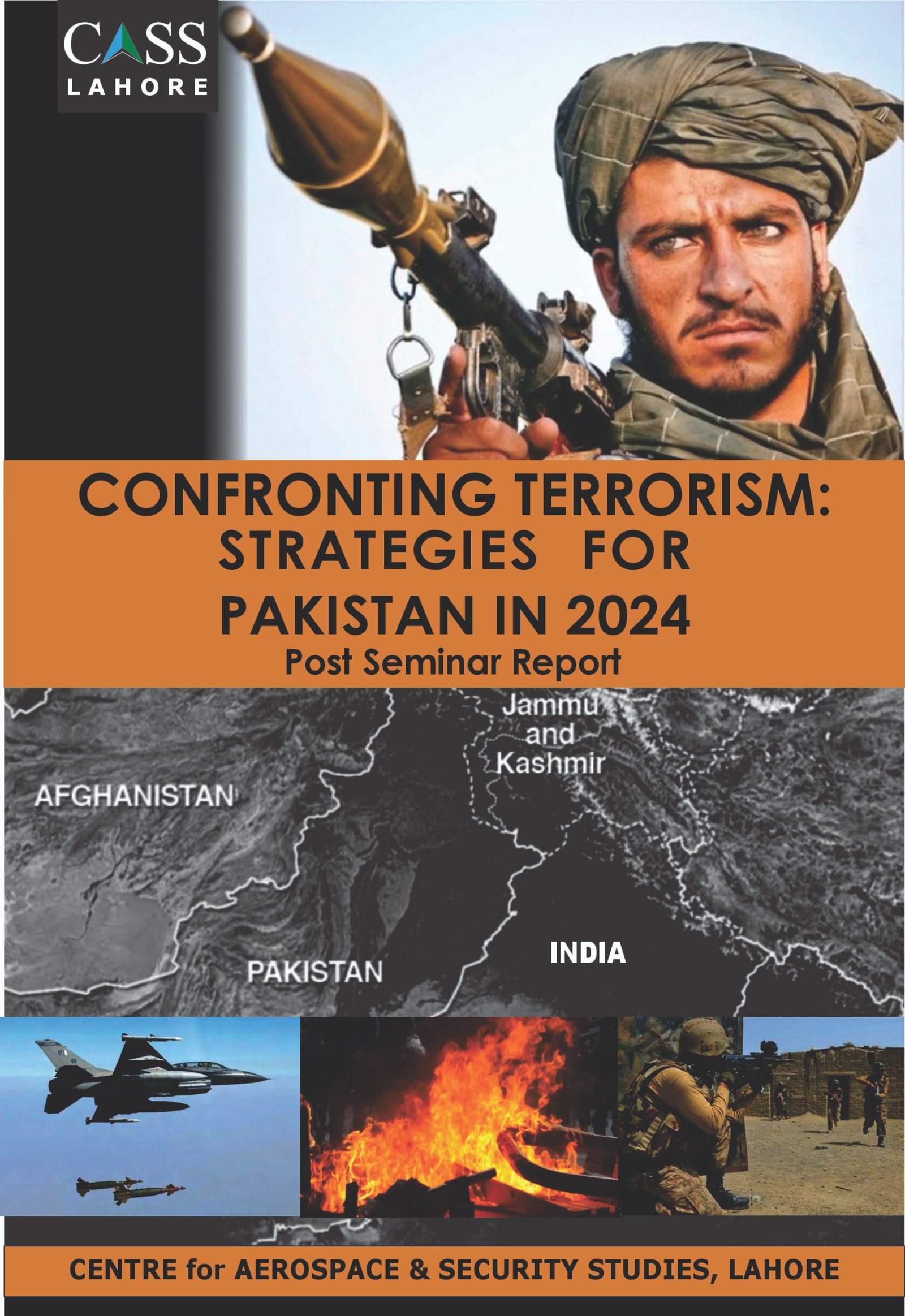
Post Event Report
A comprehensive report capturing expert analyses, strategic insights, key recommendations, media coverage, and event highlights.
Guest Speakers
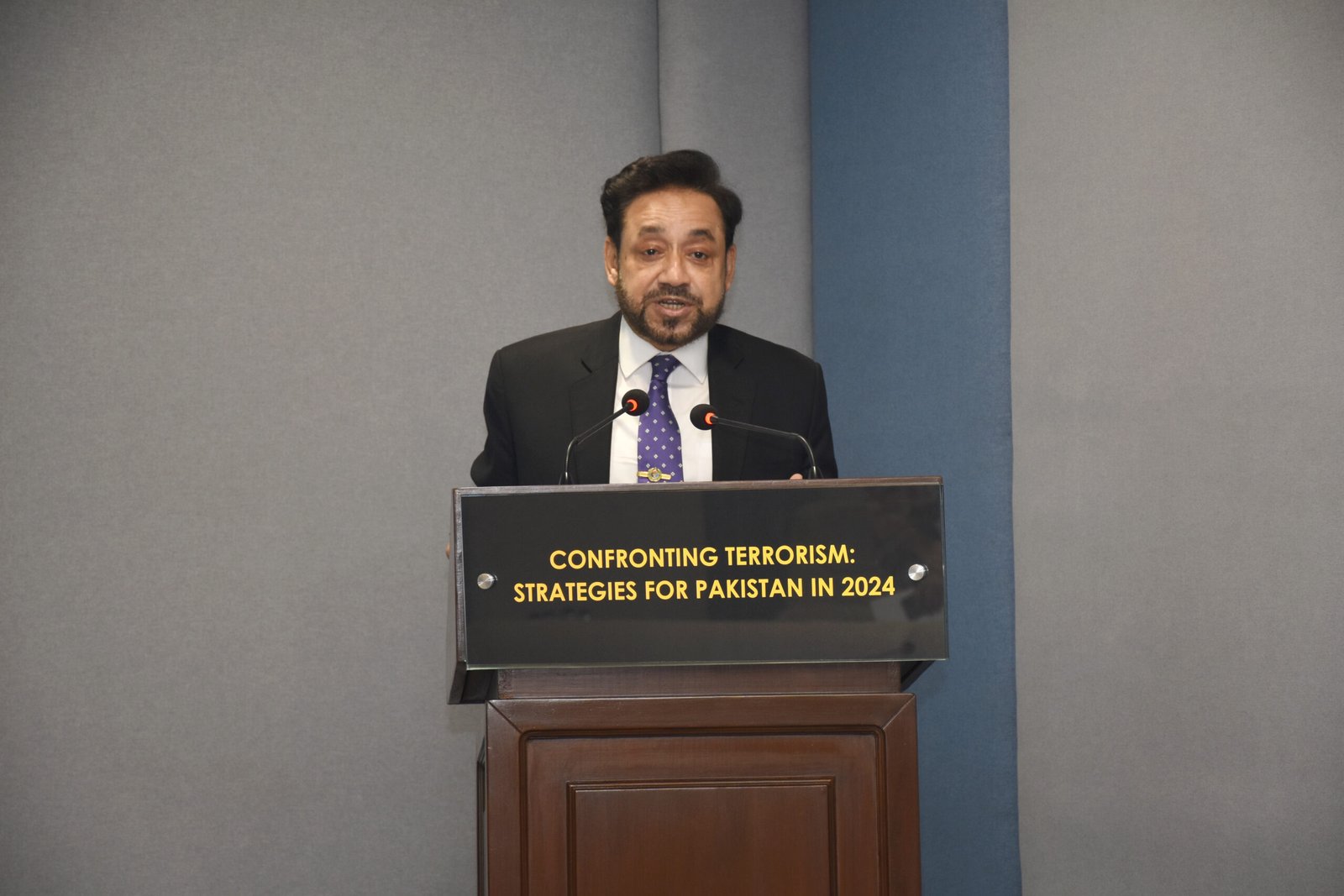
Dr Syed Kaleem Imam
Former Federal Secretary & Inspector General Police
Dr Muhammad Feyyaz
Independent Analyst on Counterterrorism
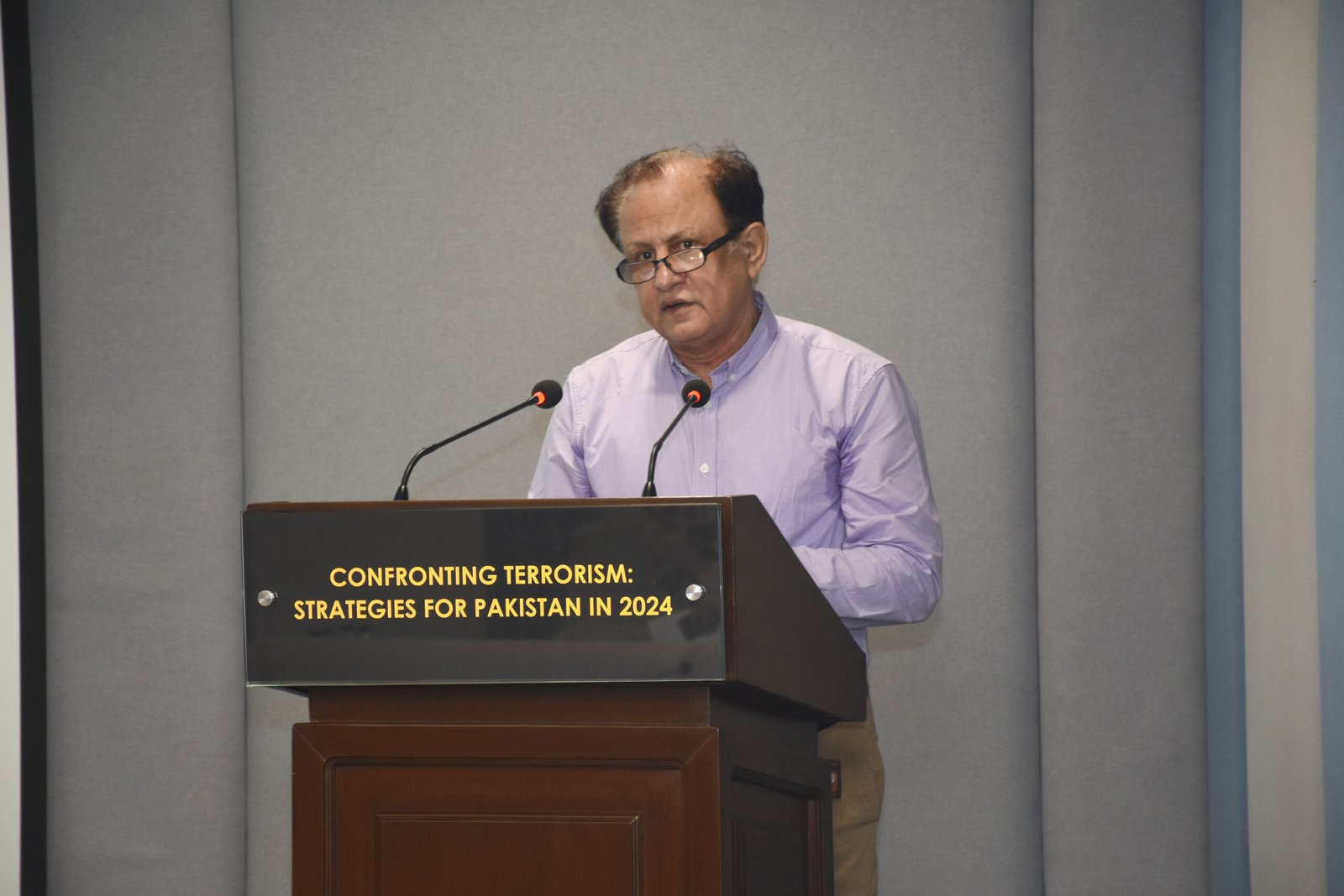
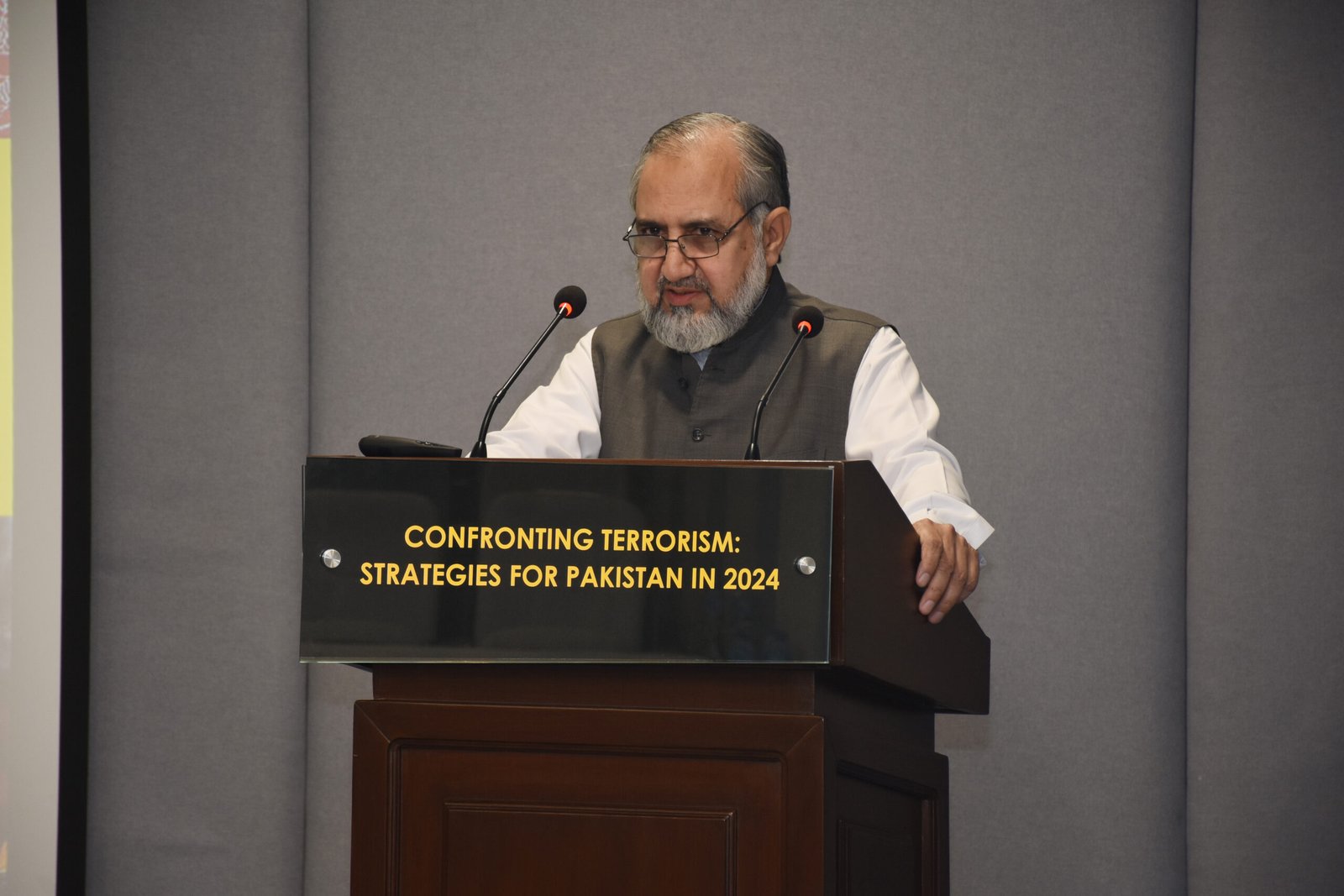
Ambassador Syed Abrar Hussain (Retd)
Vice Chairman, IPS Islamabad
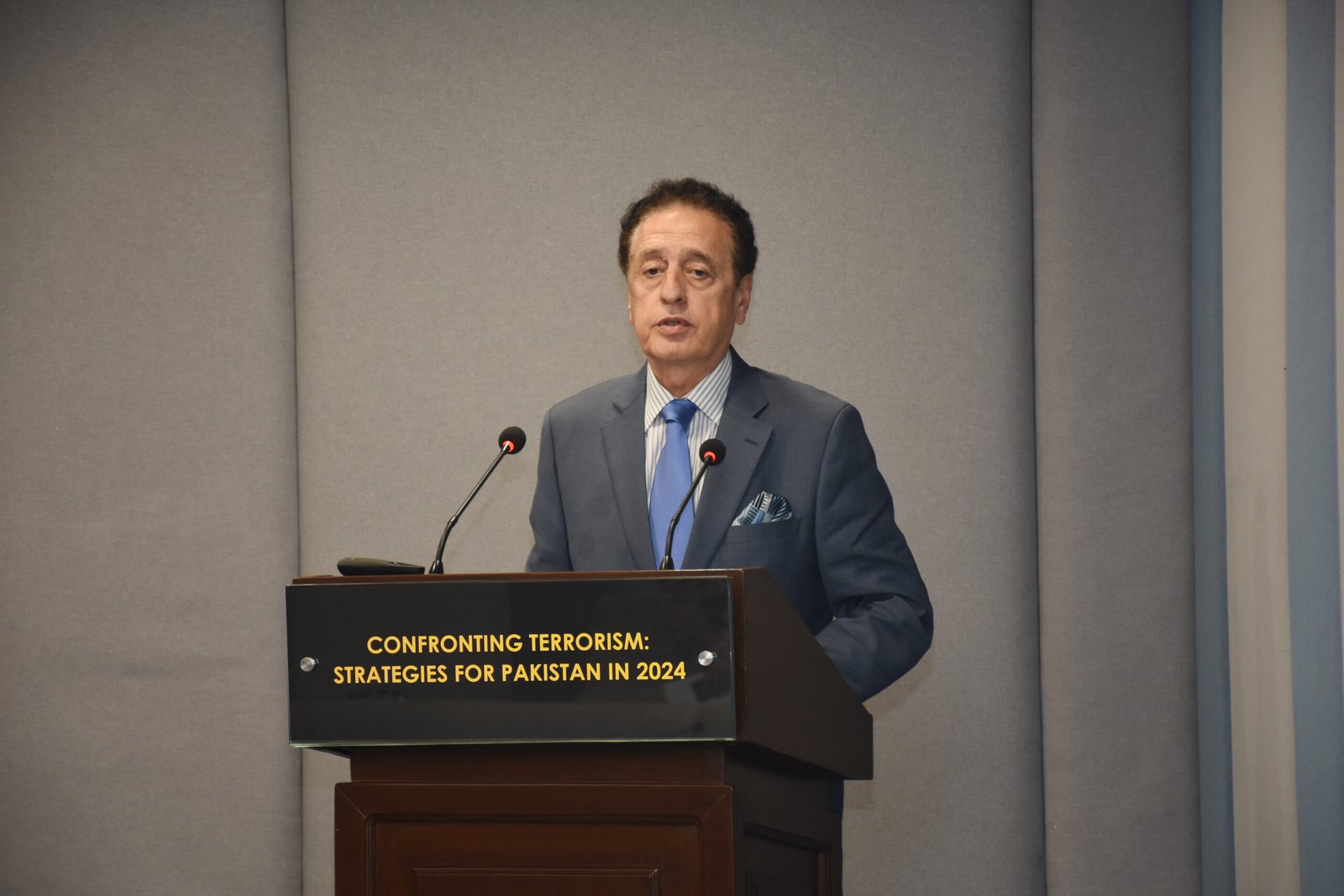
Event Chair
Air Marshal Asim Suleiman (Retd)
President CASS, Lahore
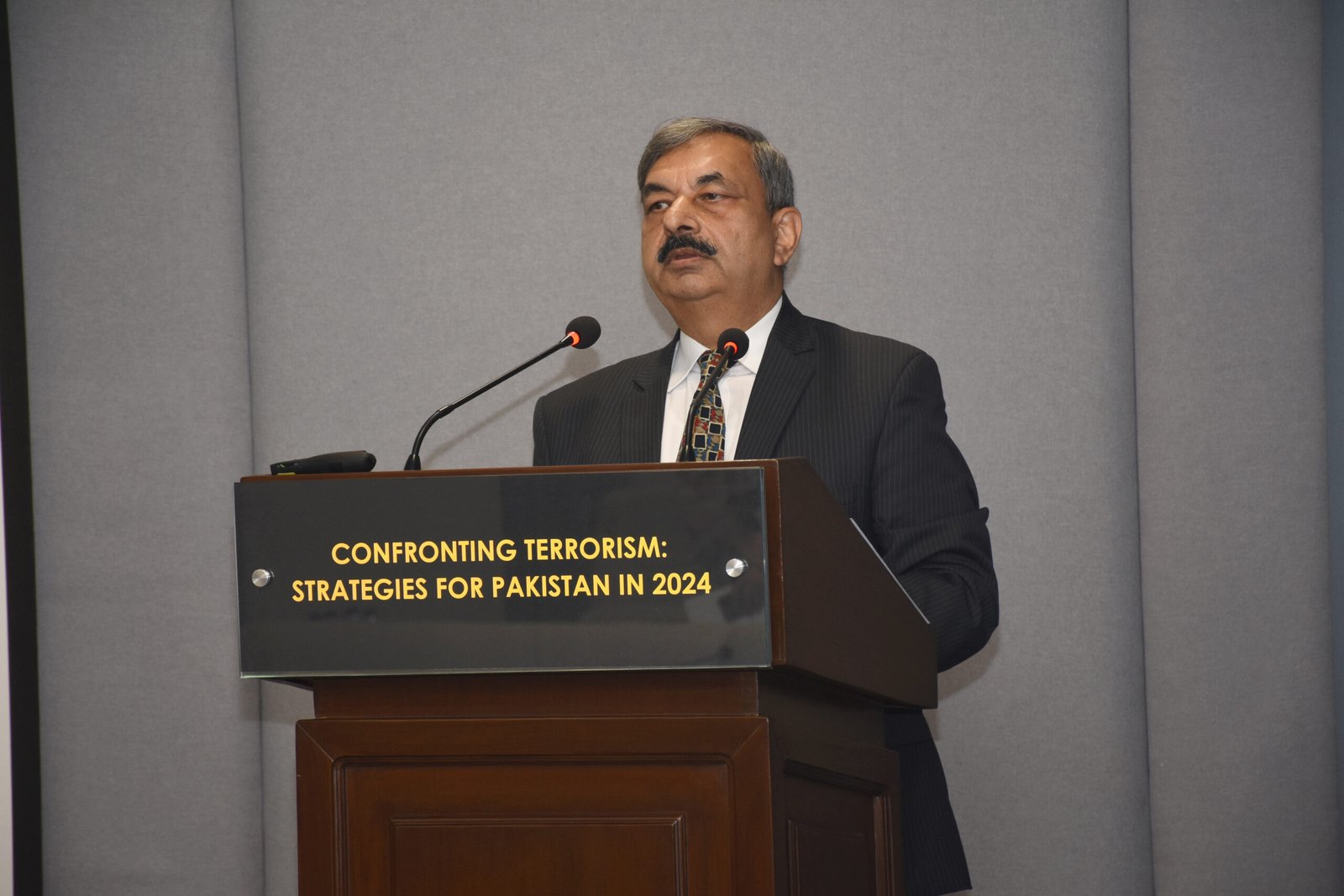
Event Coordinator
Air Commodore Khalid Iqbal (Retd)
Director National Security, CASS Lahore
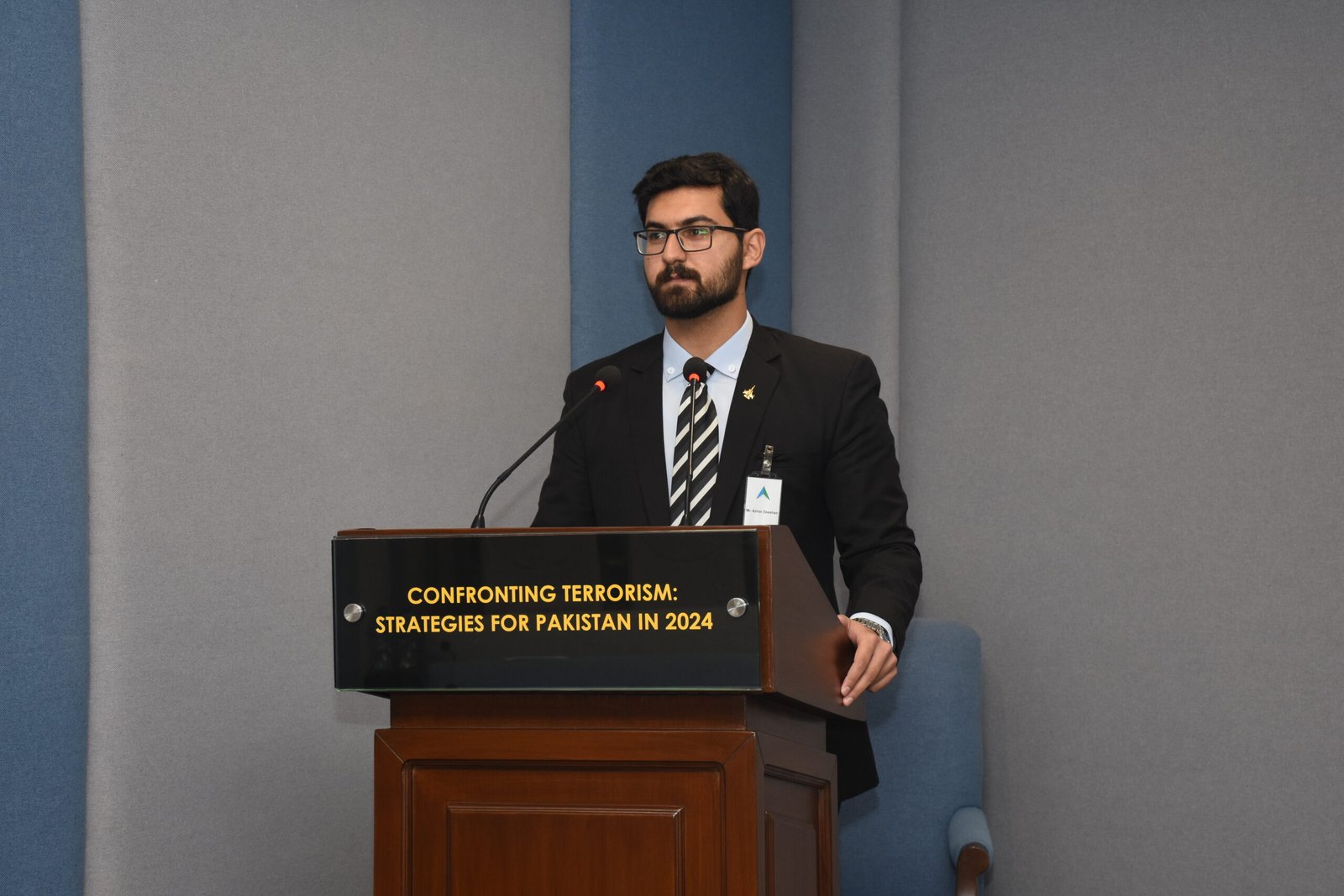
Master of The Ceremony
Azhar Zeeshan
Researcher, CASS Lahore
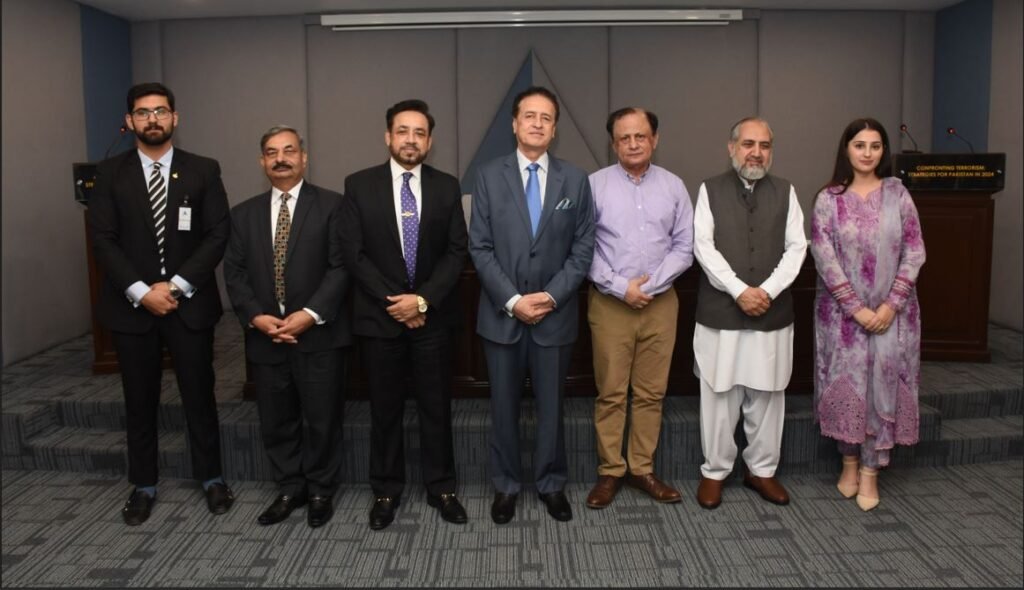
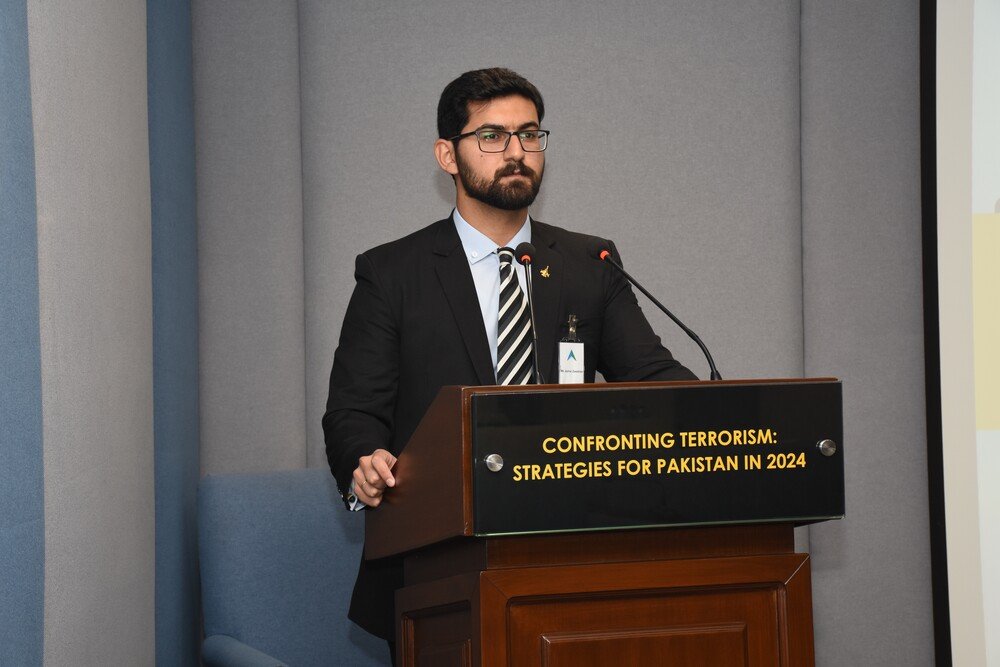
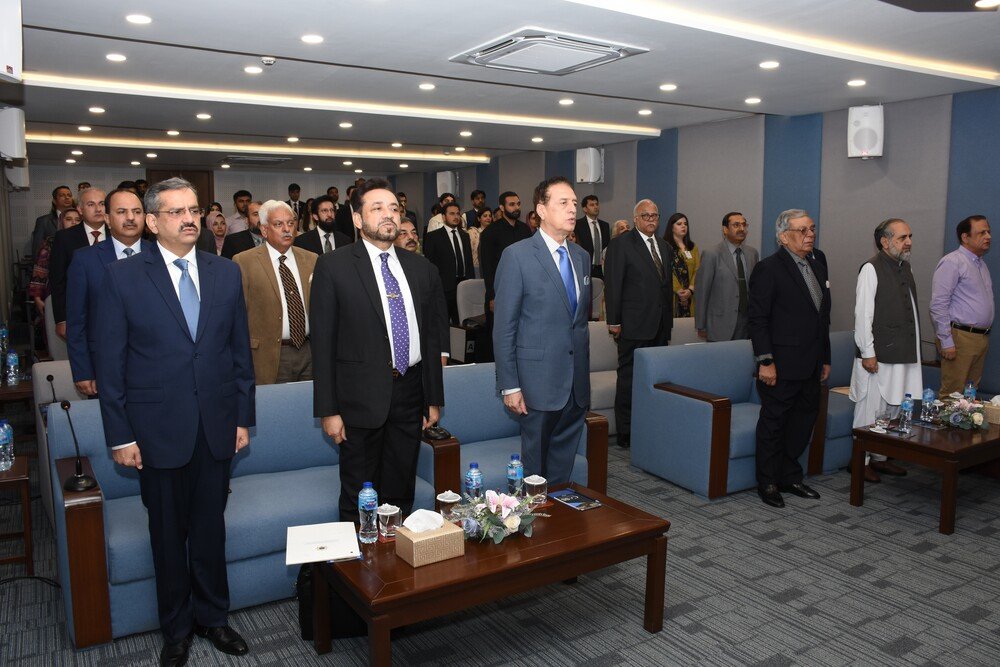
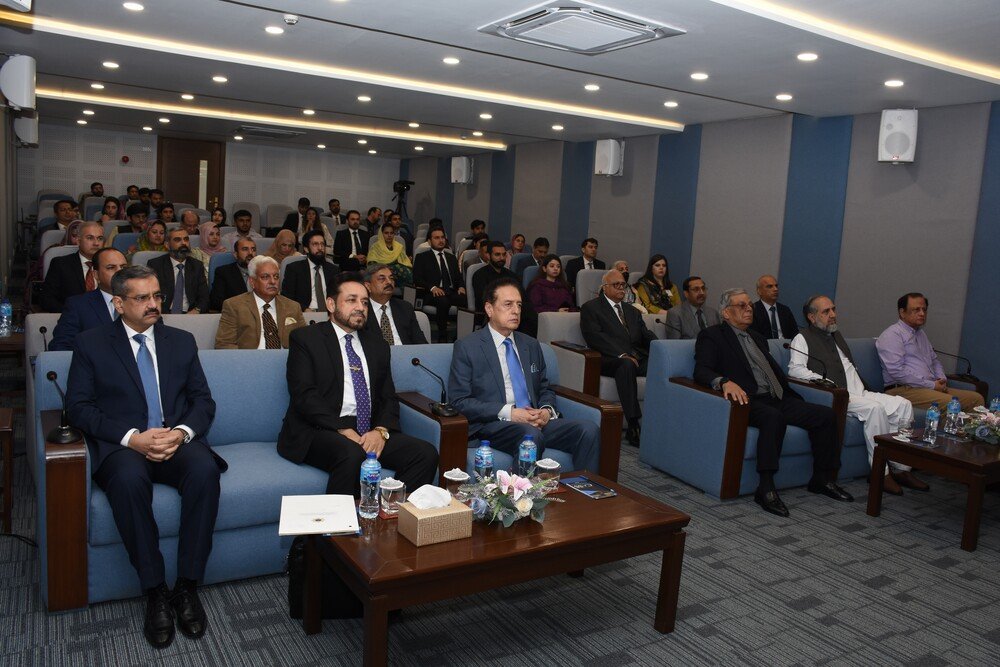
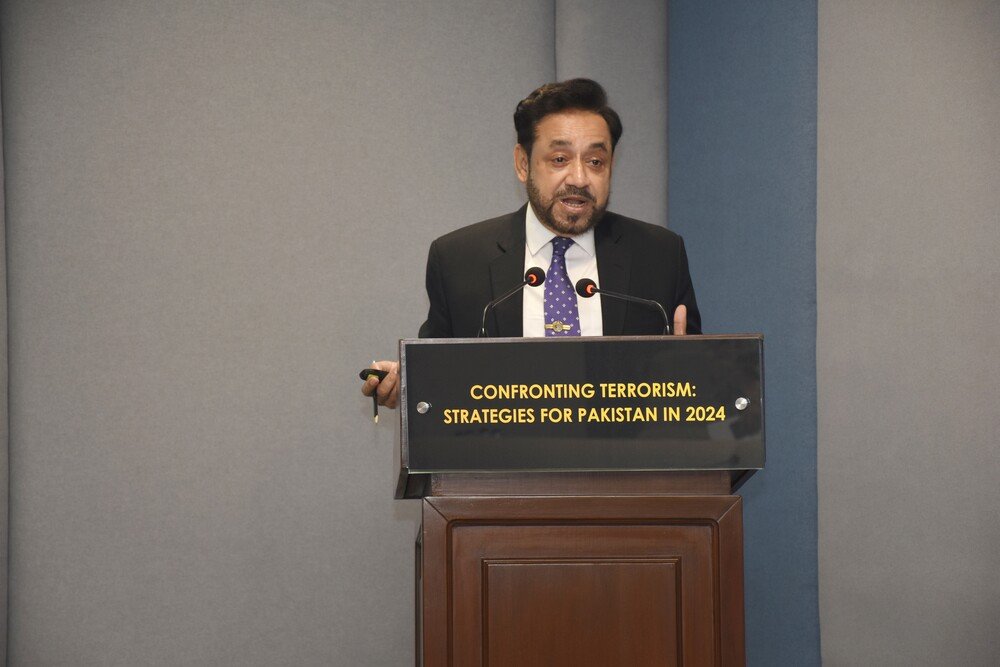
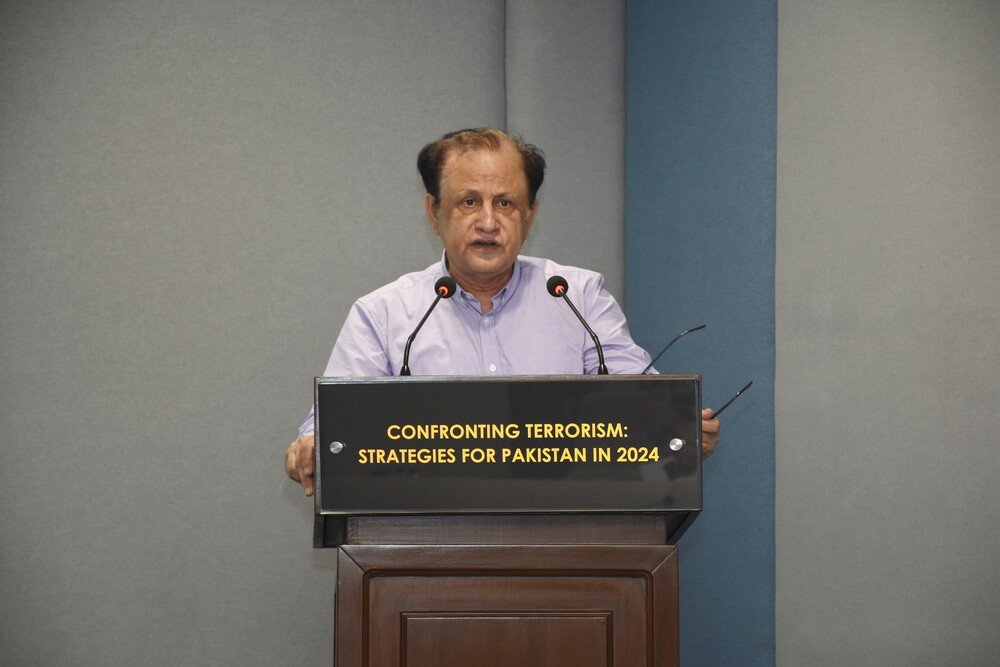
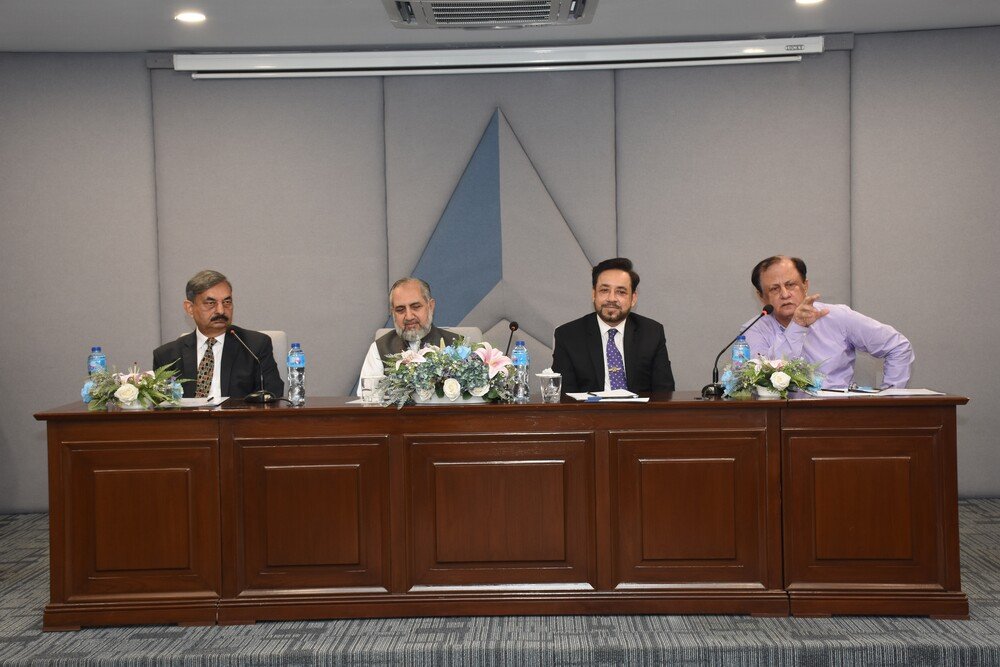
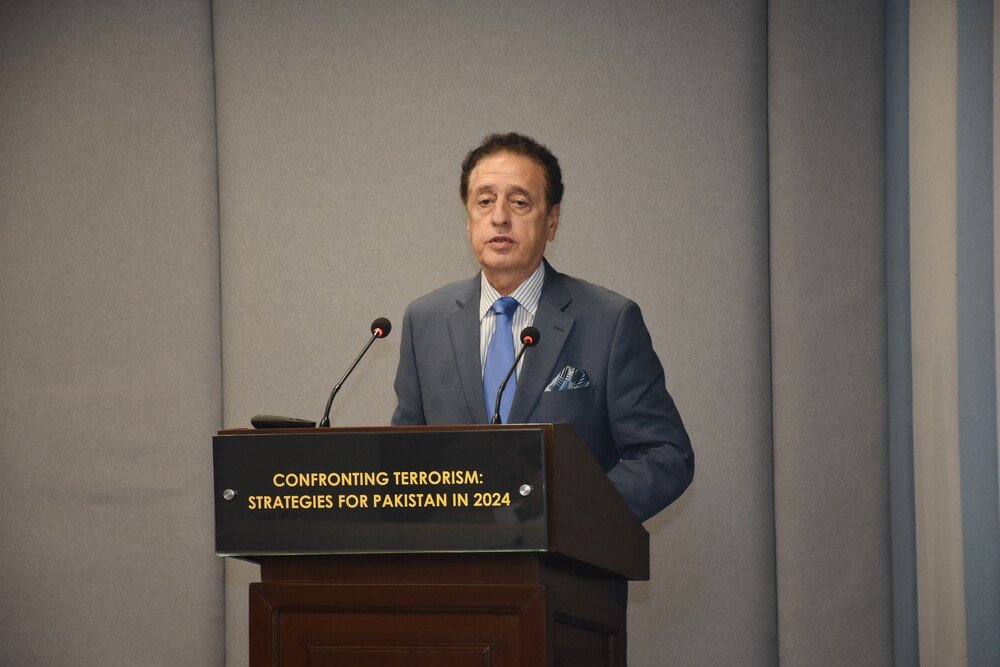
CASS LAhore

The Centre for Aerospace & Security Studies (CASS) was established in July 2021 to inform policymakers and the public about issues related to aerospace and security from an independent, non-partisan and future-centric analytical lens.
CASS Newsletter

@2025 – All Right Reserved with CASS Lahore.
- Home
- About Us
- Research Domains
- Publications
- Events
- Gallery
- Contact Us
@2021 - All Right Reserved. Designed and Developed by PenciDesign



